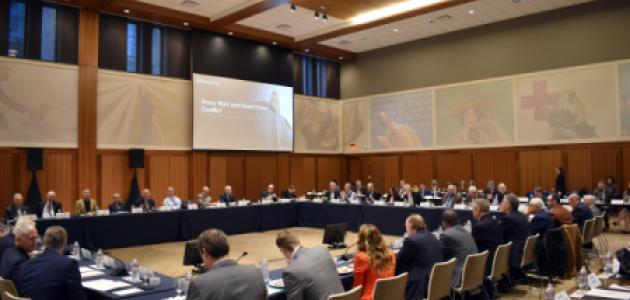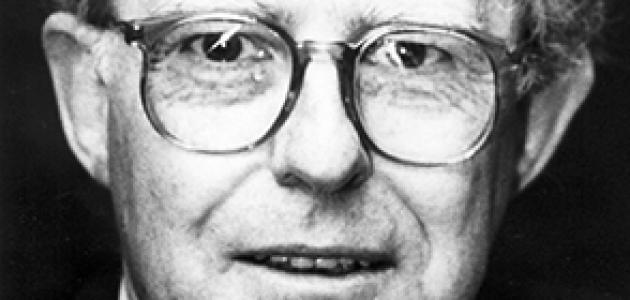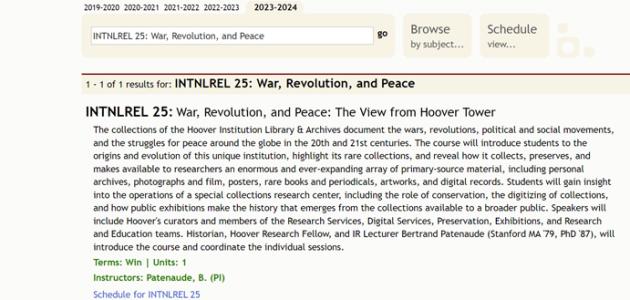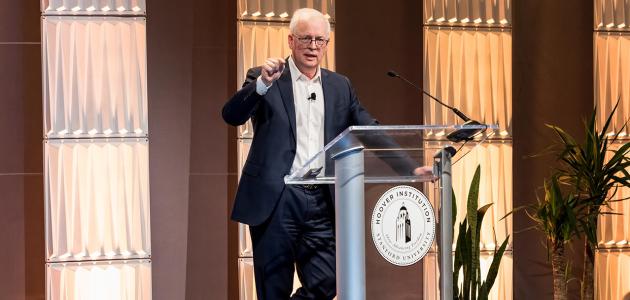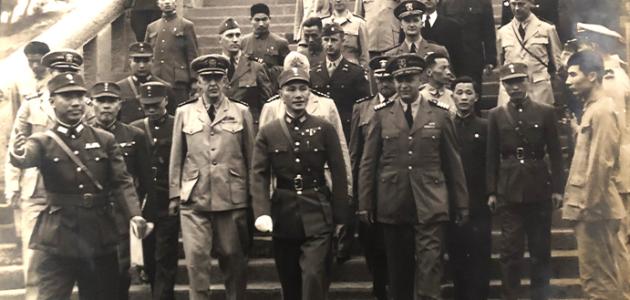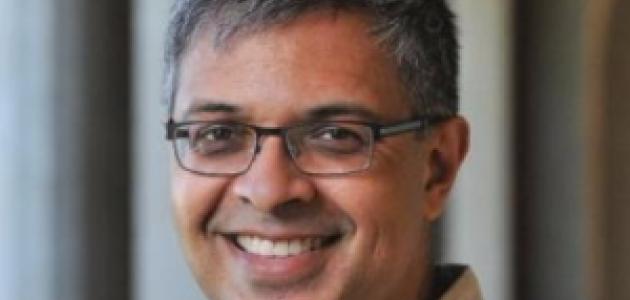Seymour Martin Lipset, a renowned political sociologist who was also a senior fellow at the Hoover Institution and a professor of public policy emeritus at George Mason University, died December 31, 2006, in Arlington, Virginia.
His major work was in the fields of political sociology, trade union organization, social stratification, public opinion, and the sociology of intellectual life. He also wrote extensively about the conditions for democracy in comparative perspective.
“Marty Lipset was a scholarly giant in the study of American politics and sociology. We were proud to have had him as part of our fellowship at Hoover over the decades,” said Hoover Institution director John Raisian. “His presence at Stanford, with his keen knowledge of, and research addressing, the development of democracy, politics, and public opinion will be missed.”
Among his many publications were The Democratic Century (Julian J. Rothbaum Distinguished Lecture series), with Jason M. Lakin (University of Oklahoma Press, 2004), It Didn’t Happen Here: Why Socialism Failed in the United States, with Gary Marks, (W.W. Norton, 2001), American Exceptionalism: A Double-Edged Sword (W.W. Norton, 1996), Continental Divide: The Values and Institutions of the United States and Canada (Routledge, 1990), and, with Earl Raab, Jews and the New American Scene (Harvard University press, 1996).
Lipset, who at the time of his death also was a senior scholar at the Woodrow Wilson International Center for Scholars, received the MacIver Prize for Political Man and the Gunnar Myrdal Prize for The Politics of Unreason. His book The First New Nation was a finalist for the National Book Award. He was also awarded the Townsend Harris Medal from the alumni association of City College of New York, the Margaret Byrd Dawson Medal for Significant Achievement, the Northern Telecom-International Council for Canadian Studies Gold Medal, and the Leon Epstein Prize in Comparative Politics by the American Political Science Association. He received the Marshall Sklare Award for distinction in Jewish studies. In 1997, he was awarded the Helen Dinerman Prize by the World Association for Public Opinion Research for significant contributions to survey research methodology.
From 1975 to 1990, he was the Caroline S.G. Munro Professor of Political Science and Sociology at Stanford University and, earlier, the George D. Markham Professor of Government and Sociology at Harvard University.
Lipset had been elected to various honorific societies in the United States and abroad, including the National Academy of Sciences, the American Philosophical Society, the National Academy of Education, and the American Academy of Arts and Sciences, in which he served as vice president for the social sciences.
He was the only person to have been president of both the American Sociological Association (1992–93) and the American Political Science Association (1979–80). He also served as the president of the International Society of Political Psychology, the Sociological Research Association, the World Association for Public Opinion Research, and the Society for Comparative Research.
Lipset was also active in public affairs on a national level. He had been a director of the United States Institute of Peace, as well as a member of the U.S. Board of Foreign Scholarships, cochair of the Committee for Labor Law Reform, cochair of the Committee for an Effective UNESCO, and consultant to the National Endowment for the Humanities, the National Humanities Institute, the National Endowment for Democracy, and the American Jewish Committee.
He had also been president of the American Professors for Peace in the Middle East, chair of the National B'nai B'rith Hillel Commission and the Faculty Advisory Cabinet of the United Jewish Appeal, and cochair of the Executive Committee of the International Center for Peace in the Middle East.







